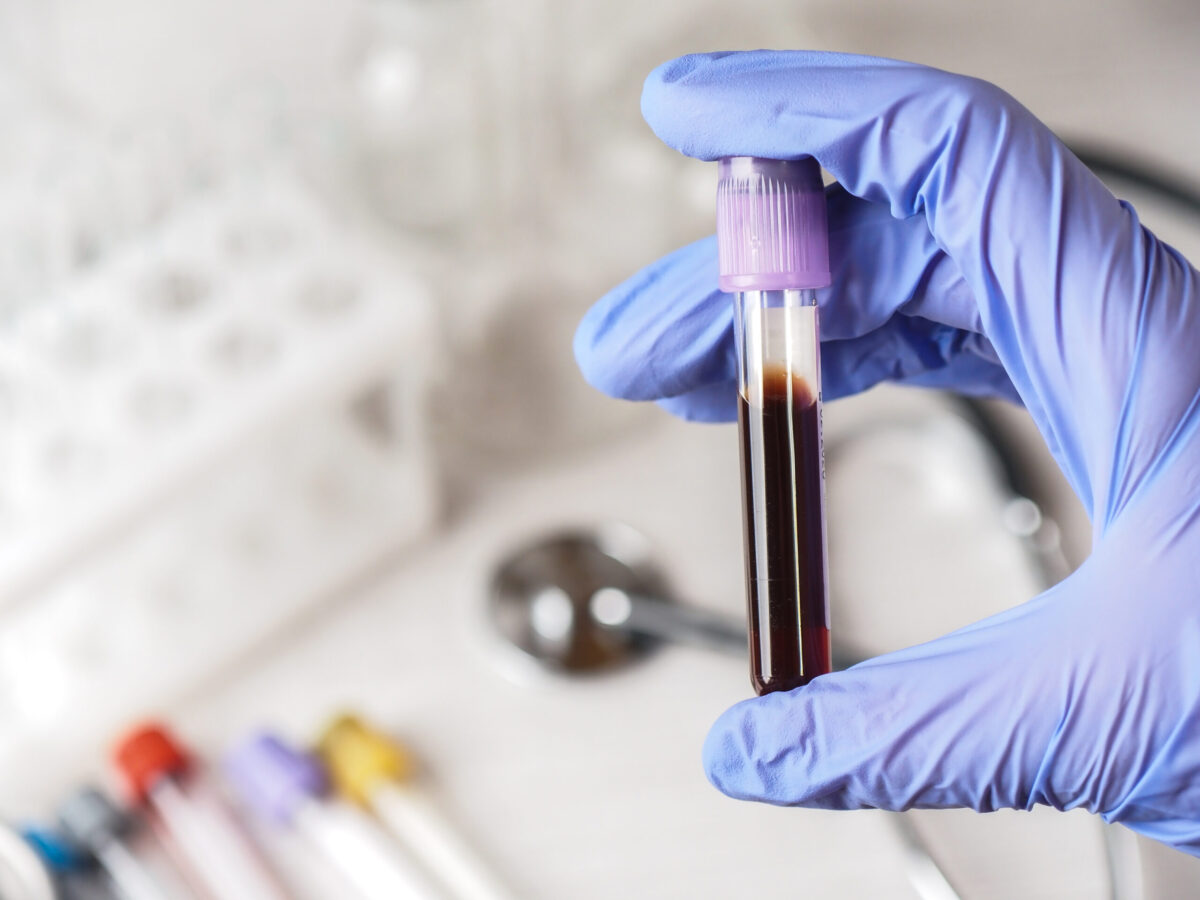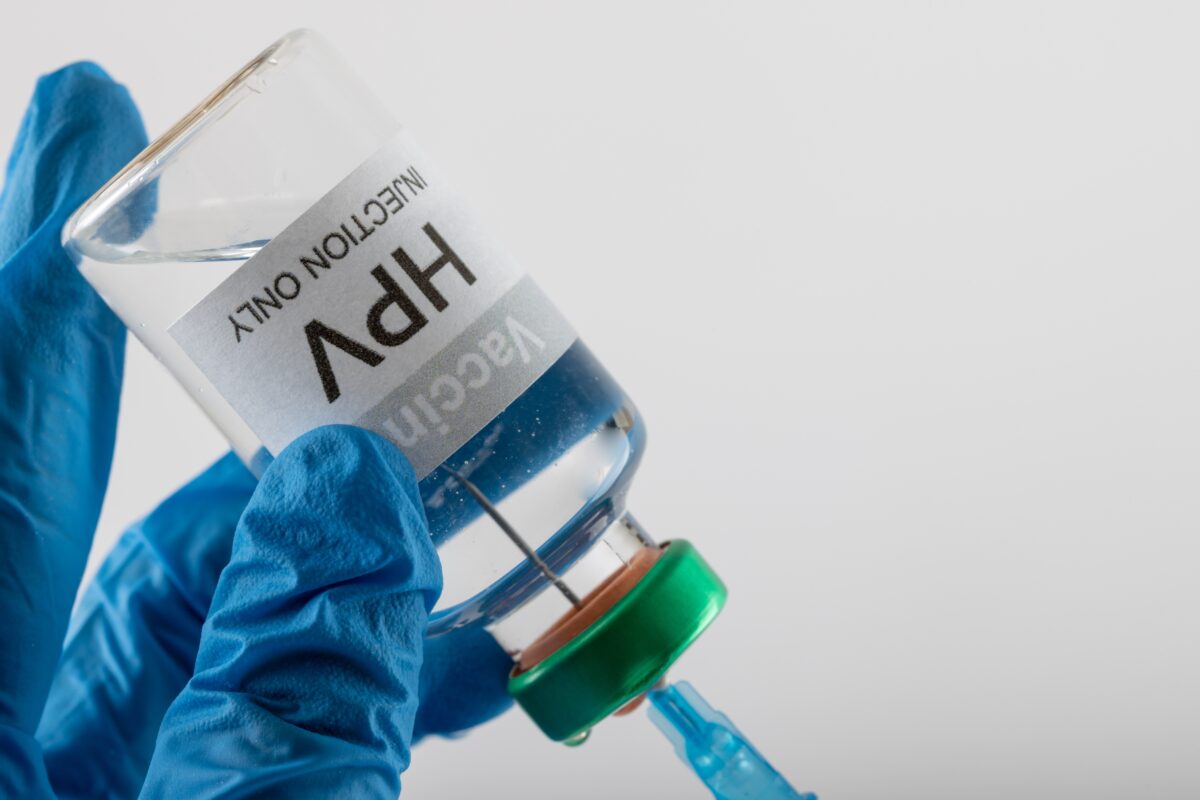The new single-chamber (VR) leadless pacemaker system by Abbott has a unique mapping capability that decreases the number of repositioning attempts needed.
Every year, more than one million cardiac pacemakers are implanted worldwide, and over 200,000 of these occur in the US.
Abbott Laboratories announced on Monday that the US Food and Drug Administration (FDA) approved its Aveir™ single-chamber (VR) leadless pacemaker system. The Illinois-based company received the FDA nod for its new pacemaker to treat patients with bradycardia (slow heart rhythms).
The Aveir leadless pacemaker has a unique mapping capability that allows physicians to measure electrical signals within the heart to correctly position the device in the heart. For Abbott’s proprietary mapping capability to work, the device electrode just needs to touch the endocardial tissue. There is a great clinical benefit as this reduces the number of repositioning attempts needed.
This pacemaker is implanted in the right ventricle via a minimally invasive catheter method. Therefore, leadless pacemakers do not require a small incision in the upper chest like traditional pacemaker systems do. Additionally, leadless pacemakers are smaller than conventional (lead) ones and they avoid complications such as lead fracture and dislodgement.
Compared with other commercially available leadless pacemakers, the battery life of Aveir VR can be up to two times longer when using the International Organization for Standardization (ISO) settings. Also, it is the only leadless pacemaker designed to be removed if therapy needs change or replacement is needed.
XTALKS WEBINAR: Cardiac Safety Solutions in Decentralized Clinical Trials (DCT)
Live and On-Demand: Tuesday, May 24, 2022, at 1pm EDT (10am PDT)
Register for this webinar to learn why cardiac safety testing is critical for clinical trial participants. The featured speakers will discuss why at-home data collection and analyses must be comparable to in-clinic testing. Webinar attendees will also learn how BioTel Research is making waves in cardiac safety testing.
The FDA approval for Avier VR came from data in the LEADLESS II–Phase 2 Investigational Device Exemption study (NCT04559945). This was an international, multicenter clinical trial that enrolled 200 patients over 43 sites in the US, Canada and Europe. The main pacemaker indication was atrial fibrillation with atrioventricular block which occurred in slightly more than half of the participants. The study showed that the implant success was 98 percent and 83.2 percent of the successful implants didn’t need repositioning.
The LEADLESS II–Phase 2 study was published in the Journal of the American College of Cardiology: Clinical Electrophysiology. The study authors said that the Avier VR leadless pacemaker system is designed to later support a leadless dual chamber pacing system, but this capability awaits regulatory approval.
“The Aveir VR leadless pacemaker was designed to make the implantation and retrieval processes as seamless as possible for physicians and provide improvements over existing options,” said Abbott’s Randel Woodgrift, senior vice president of Cardiac Rhythm Management in the company’s press release. “Our goal is to continue to build on the success of Aveir to provide more first-of-their-kind products in the future, revolutionizing how abnormal heart rhythms are treated.”
RELATED: Abbott’s New Cardiac Mapping System Gets FDA Clearance for Treatment of Cardiac Arrhythmias
According to a report by Persistence Market Research, the market for leadless pacemakers was estimated to be $29.4 million in 2017 and is expected to grow at a compound annual growth rate (CAGR) of 10 percent by 2025. Rising number of cardiovascular diseases, growing elderly population and preference for new technology contribute to the market growth.
The first leadless pacemaker on the US market was Medtronic’s Micra™ which received FDA approval six years ago. Back then, the Medtronic device was a huge improvement in pacemaker technology and a prime example of medical device miniaturization. Therefore, Abbott’s Aveir VR leadless pacemaker will face tough competition in the US market.












Join or login to leave a comment
JOIN LOGIN